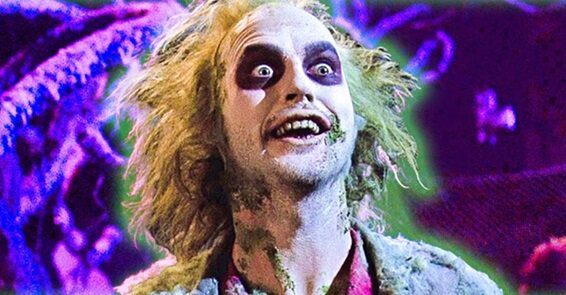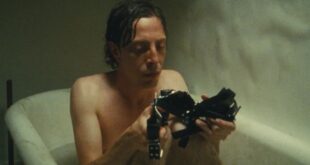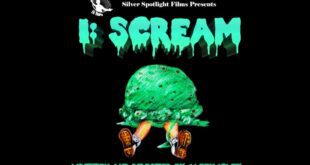Horror has evolved a lot in the decades, but that doesn’t mean that it’s for the better. Horror movies began their inception with practical effects that shocked and terrified audiences with makeup, dark themes, fake blood and invisible wires. Some of the wires in those movies were somewhat visible, to be fair.
Nowadays, horror movies are burdened with CGI which may be a hit or a miss with regards to the execution of the scene. Many audiences have had mixed feelings about the onslaught of CGI and many would prefer the raw and visceral imagery of practicals that were used in earlier horror efforts than an artificial falsification of a later movie.
CGI is not inherently terrible and there are plenty of CG artists who work hard in the field and are definitely underpaid, but it’s usually when CG overcrowds or overpowers the narrative which makes it less-than-desirable in its final render.
A lot of people feel that many scenes could have been done better with practicals like those that were seen in Sam Raimi’s Evil Dead movies, which developed such a cult following. They were silly and fun, technically, while having the horror element in the backdrops.
Take another example like Beetlejuice Beetlejuice (our review). It’s a sequel that recaptures some of the horror magic of its predecessor, using stop-motion animation, and Tim Burton’s witty, directorial charm. If the sequel used CGI for the main monsters instead of its signature stop-motion, it would have faced a lot of derision from fans.
CGI seems to be the main culprit for horror losing its mystique and practical appeal. It replaces the real thing for something that “looks” like it could be the real thing. Let me ask you something. What do you think is scarier? Seeing a CGI creation that looks real or a practical effect that was actually used on set or, better yet, the real thing?
You be the judge.
 PopHorror Let's Get Scared
PopHorror Let's Get Scared




